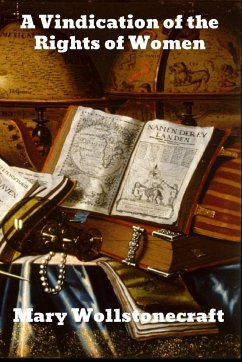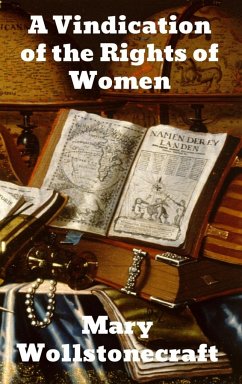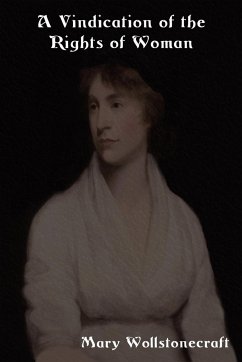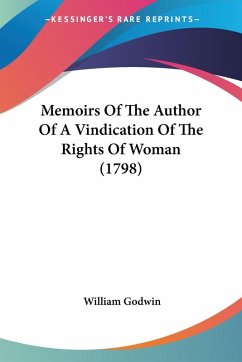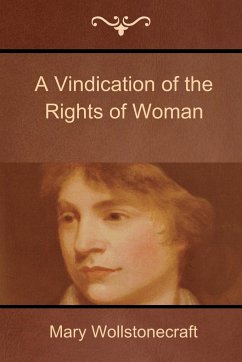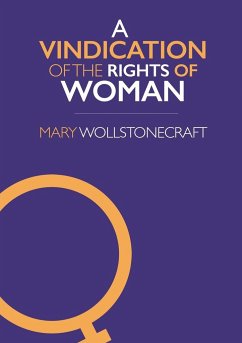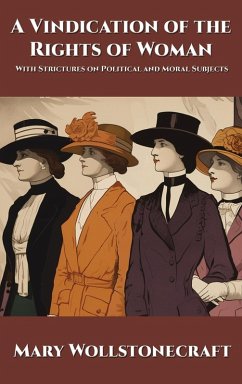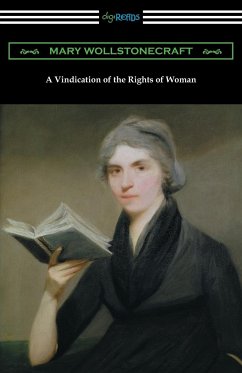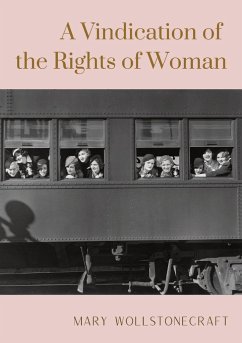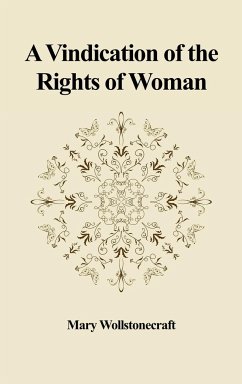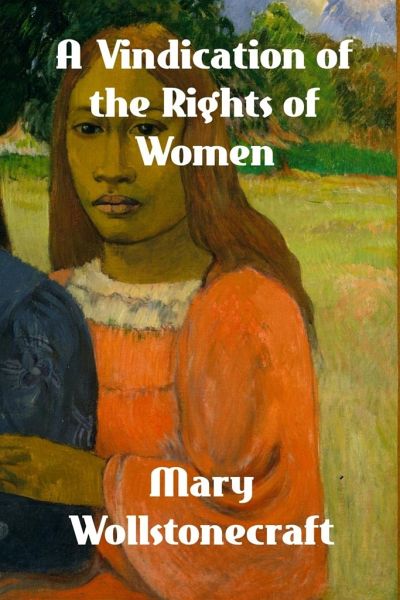
A Vindication of the Rights of Woman

PAYBACK Punkte
9 °P sammeln!
A Vindication of the Rights of Woman, written by British philosopher and women's rights advocate Mary Wollstonecraft (1759-1797), is one of the earliest works of feminist philosophy. In it, Wollstonecraft responds to those educational and political theorists of the eighteenth century who did not believe women should receive a rational education. She argues that women ought to have an education commensurate with their position in society, claiming that women are essential to the nation because they educate its children and because they could be "companions" to their husbands, rather than mere w...
A Vindication of the Rights of Woman, written by British philosopher and women's rights advocate Mary Wollstonecraft (1759-1797), is one of the earliest works of feminist philosophy. In it, Wollstonecraft responds to those educational and political theorists of the eighteenth century who did not believe women should receive a rational education. She argues that women ought to have an education commensurate with their position in society, claiming that women are essential to the nation because they educate its children and because they could be "companions" to their husbands, rather than mere wives. Instead of viewing women as ornaments to society or property to be traded in marriage, Wollstonecraft maintains that they are human beings deserving of the same fundamental rights as men. Wollstonecraft was prompted to write the Rights of Woman after reading Charles Maurice de Talleyrand-Périgord's 1791 report to the French National Assembly, which stated that women should only receive domestic education. From her reaction to this specific event, she launched a broad attack against double standards, indicting men for encouraging women to indulge in excessive emotion. Wollstonecraft hurried to complete the work in direct response to ongoing events; she intended to write a more thoughtful second volume but died before completing it. While Wollstonecraft does call for equality between the sexes in particular areas of life, especially morality, she does not explicitly state that men and women are equal. Her ambiguous statements regarding the equality of the sexes have made it difficult to classify Wollstonecraft as a modern feminist; the word itself did not emerge until decades after her death.



